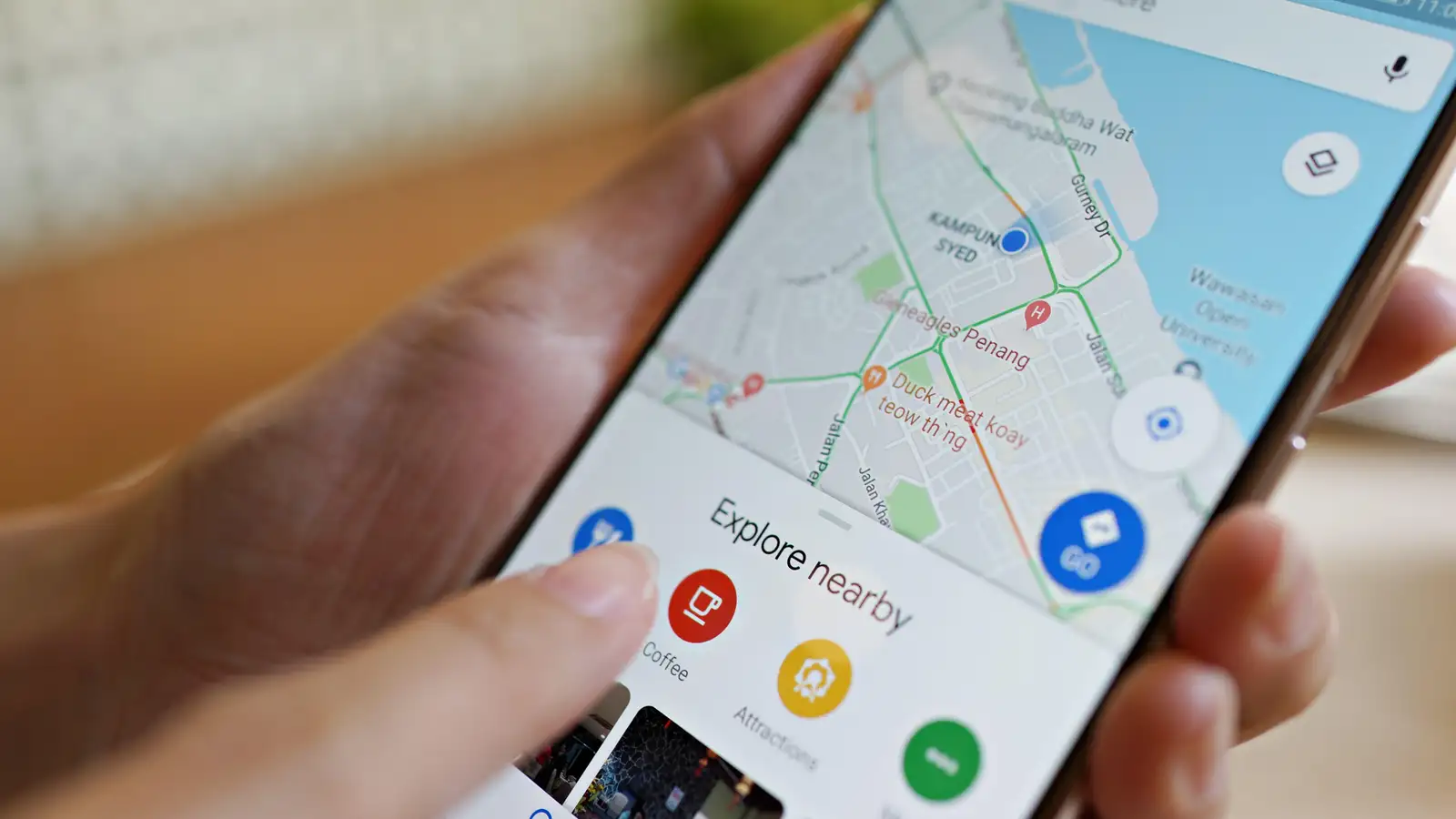Precise Location Is Giving Your Coordinates Away to Apps
- 2022-06-01
-
- 676 592 Views

Its no secret our apps use our locations: in fact, many need to in order to work properly. You wouldnt get very far on your road trip if google maps couldnt see your location. But smartphone makers dont make it clear how location-sharing worksparticularly that you can choose between sharing your general location, or your exact location. Unless you routinely tweak your privacy settings, its likely youre broadcasting your exact location to any app that wants it.
There are two types of location datum you can share with an app: first, general location. This option gives the app a radius for your current location, but not a pin-point address. An app can know what neighborhood of a city youre in, which can help give you relevant info for your area, but it wont know youre at your friends house at 123 main st.
Precise location, on the other hand, is exactly what it sounds likeits a setting that lets an app see your specific location, so it knows exactly where you are. Thats not necessarily a bad thing, depending on the app. Navigation apps come to mind, of course, since youd prefer maps to know youre on the highway rather than the lake running alongside it.
Tagging with your current location is another common use case. In order for an app to automatically tag the restaurant, bar, park, or other specific location where youre hanging out, it needs precise location rather than general location.
However, there are very few apps that need to know your precise location. Gps apps, yes; social media apps, probably not. Its takes very little time to type in the location you want to tag versus having instagram or snapchat do it for you. For most apps purposes, having a vague understanding of where you are is adequate, and is one less piece of personal data you need to share with these companies.
Sometimes, precise location comes up in the news as something bad actors can use to target you. The claim is, because precise location shares your exact whereabouts, someone could use one of your social media posts to track you down.
Precise location, and location-tracking overall, have their faults, but they likely wont allow a stranger on the internet to stalk you. While the feature does allows apps to see your specific location, it isnt public information. Take instagram, for example. It may have your precise location, but it doesnt use it in your posts unless you want it to. If you dont tag your precise location in the post, theres no way for others to know where you are for sure. Instagram doesnt save geotags on pictures you take in the app, either, but even if you upload a geotagged photo, theres no way for followers to download the original photo and see that tag.
Geotagging, though, is something to consider. Your phones camera likely uses precise location by default to add the exact location of the photo to the files metadata. All that means is the location stays with the photo. If you directly send that photo to someone else, theyll be able to see where you were when the photo was taken. If youre interested in removing this data before sharing your photos with the world, you can check out our guide here.
The issue here is more related to privacy than security. By keeping precise location on, youre sharing your exact location with any company thats interested (and theyre all interested). While apple and google try to stop developers from selling your data to advertisers and other businesses, it still happens. The good news, if you can call it that, is all this data is anonymous and not directly tied to you. While it sounds like your apps are selling your location data to big brother to spy on your movements, in practice, companies use this data to better sell you stuff (we live in a boring dystopia, after all).
Still, its creepy! Turning precise location off doesnt stop companies from receiving and selling your location data, but it does stop them from receiving and selling your exact location.
Managing precise location settings on your smartphone the problem is, precise location is a sneaky feature, especially on iphone. When you open an app that wants your location info for the first time, you see a pop-up asking for permission. This pop-up, complete with a mini-map preview of your location, is familiar to anyone on ios, and typically asks whether youd like to share your location with the app all the time, only when using the app, or never.
What isnt overtly clear here, however, is the precise toggle hidden in the mini map, which is set to on by default. If you want to disable it from the onset, youll need to toggle it off here before choosing the main location setting on the pop-up.
Its not too late to fix the problem if you granted these permissions already, though. You can manage precise location settings on any iphone running ios 14 and newer, or an android device running android 12 and newer.
On iphone, go to settings > privacy > location services, then choose the app you want to manage. Now, make sure the toggle next to precise location is disabled, and youre good to go. On android, tap and hold on the app you want to manage, then go to app info > permissions > all permissions. Under location, make sure approximate location is enabled, and precise location is disabled.
Keeping precise location disabled for most apps is good privacy practice. While youre at it, make sure to review all location settings for your iphone, as well as your google account.